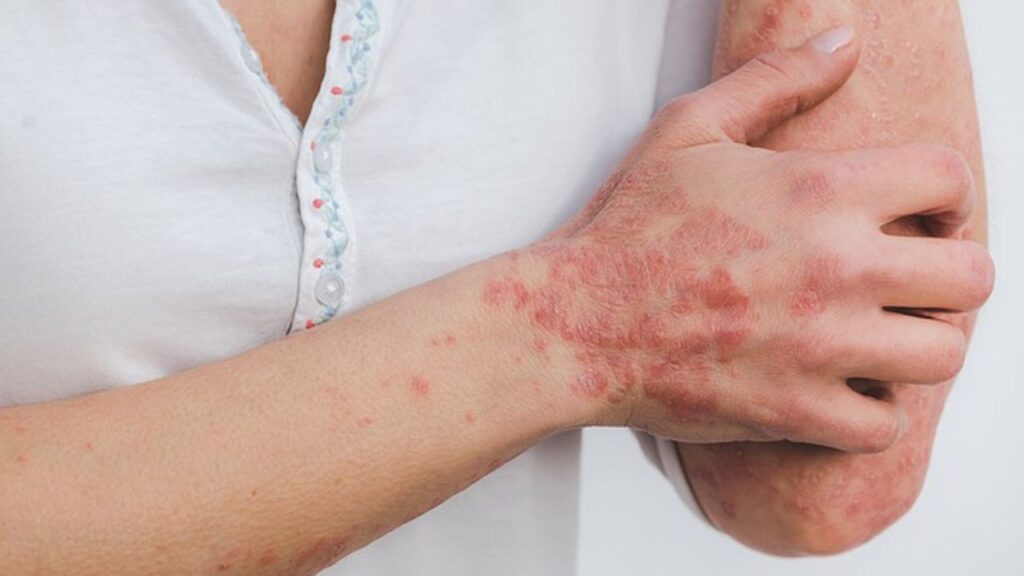Autoimmune diseases are a heterogeneous group of disorders in which the immune system attacks healthy cells and tissues. These diseases can affect any part of the body and can be extremely debilitating. While there is no cure for autoimmune diseases, there are treatments available that can help manage symptoms and improve quality of life.

Unfortunately, there is a lot of misinformation out there about these conditions. In this article, we will debunk 10 of the most common myths about autoimmune diseases.
What is autoimmune disease?
Autoimmune diseases are a category of illnesses that occur when the body’s immune system mistakenly attacks and destroys healthy tissue. According to the National Institutes of Health (NIH), there are more than 80 types of autoimmune diseases, with new ones being discovered all the time.
Getting help with autoimmune disease is important because it can prevent serious health complications. The disease treatment can vary depending on the type of autoimmune disease, but may include medications, therapy, and lifestyle changes.
10 Autoimmune Disease Myths and the Truths Behind Them
Myth 1: Autoimmune diseases are rare
Fact: Autoimmune diseases are actually quite common, affecting an estimated 50 million Americans. That’s about 1 in 5 people! While the exact cause of autoimmune diseases is unknown, they are thought to be caused by a combination of genetic and environmental factors.
Myth 2: Autoimmune diseases are caused by bacteria or viruses
Fact: While infections can trigger autoimmune disease flares, the underlying cause is actually a malfunction in the immune system. In other words, it’s not the infection itself that’s to blame, but rather the way the body responds to it.
Myth 3: Autoimmune diseases only affect women
Fact: Autoimmune diseases can affect both men and women. However, women are more likely to be affected than men, with some estimates suggesting that up to 75% of those with autoimmune diseases are women.
Myth 4: Autoimmune diseases are not hereditary
Fact: While the cause of autoimmune diseases is still unknown, it is clear that genetics plays a role. If you have a family member with an autoimmune disease, you are more likely to develop one yourself.
Myth 5: Autoimmune disease can be cured
Fact: There is no cure for autoimmune diseases. However, there are treatments available that can help manage symptoms and improve quality of life. With proper treatment, many people with autoimmune diseases are able to lead relatively normal lives.
Myth 6: Autoimmune diseases only affect certain organs
Fact: Autoimmune diseases can affect any part of the body. Commonly affected organs include the skin, joints, lungs, heart, and brain. However, because the immune system is involved in virtually every bodily function, it is possible for autoimmune diseases to affect any organ or system in the body.
Myth 7: Autoimmune diseases are contagious
Fact: Autoimmune diseases are not contagious. You cannot “catch” an autoimmune disease from someone else.
Myth 8: Stress can cause autoimmune diseases
Fact: While stress may worsen symptoms of autoimmune disease, it does not cause the condition itself. However, managing stress is an important part of treatment for many people with autoimmune diseases.
Myth 9: Autoimmune diseases are psychological disorders
Fact: Autoimmune diseases are not psychological disorders. While stress and other psychological factors may play a role in triggering disease flares, autoimmune diseases are physical conditions that cannot be cured by psychotherapy or other mental health treatments.
Myth 10: Autoimmune diseases are curable with natural remedies
Fact: There is no cure for autoimmune diseases. While there are many natural therapies that can help manage symptoms, there is no evidence that any of these remedies can actually cure an autoimmune disease.
Get the Care You Need
If you just found out you have an autoimmune disease, it can be empowering to learn more about them. Autoimmune diseases are a group of conditions that are caused by the body’s immune system attacking healthy tissue.
While there is no cure for autoimmune diseases, there are treatments available that can help manage symptoms and improve quality of life. With proper treatment, many people with autoimmune diseases are able to lead relatively normal lives.
Join the discussion on this topic with BT Champ Blog by visiting our contact page

Leave a Reply